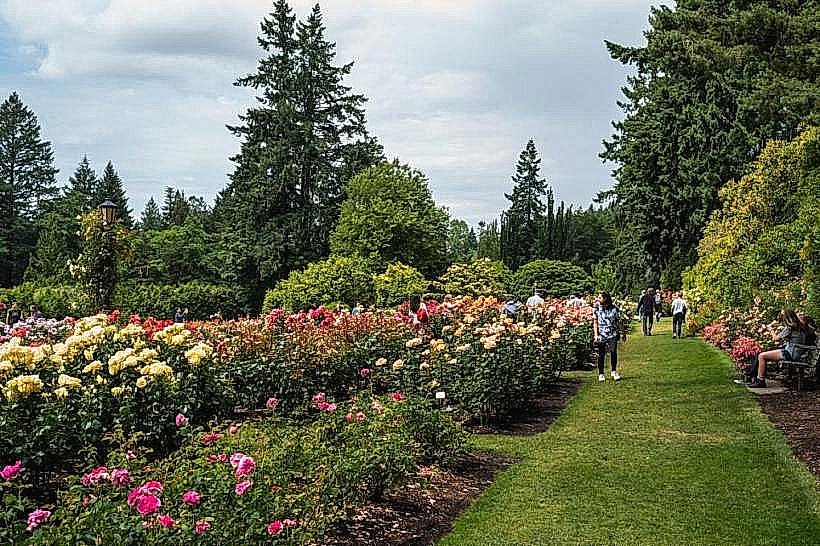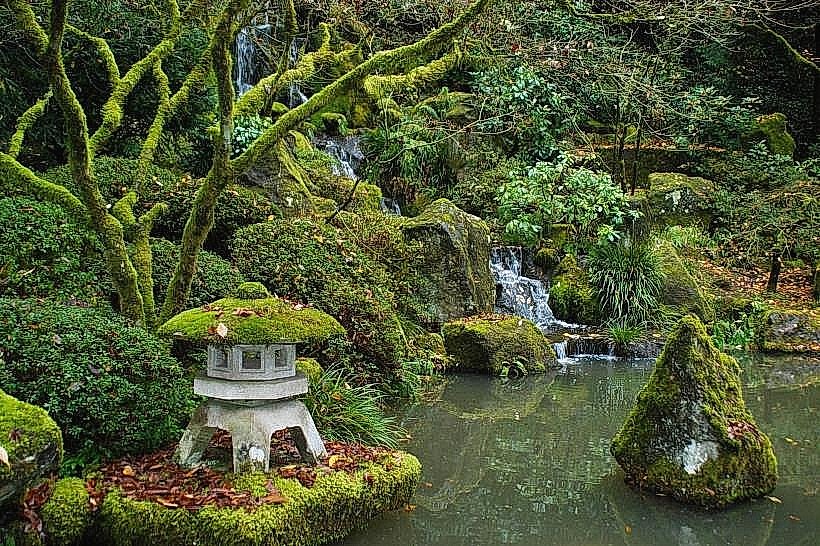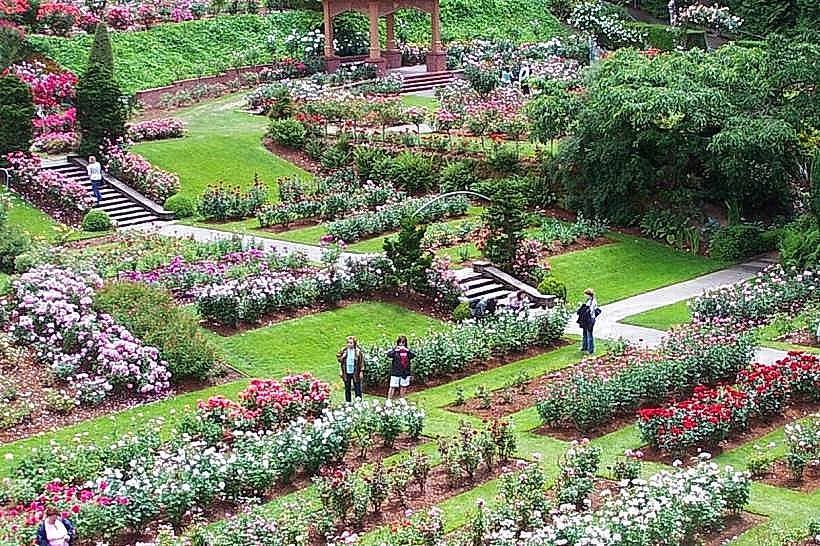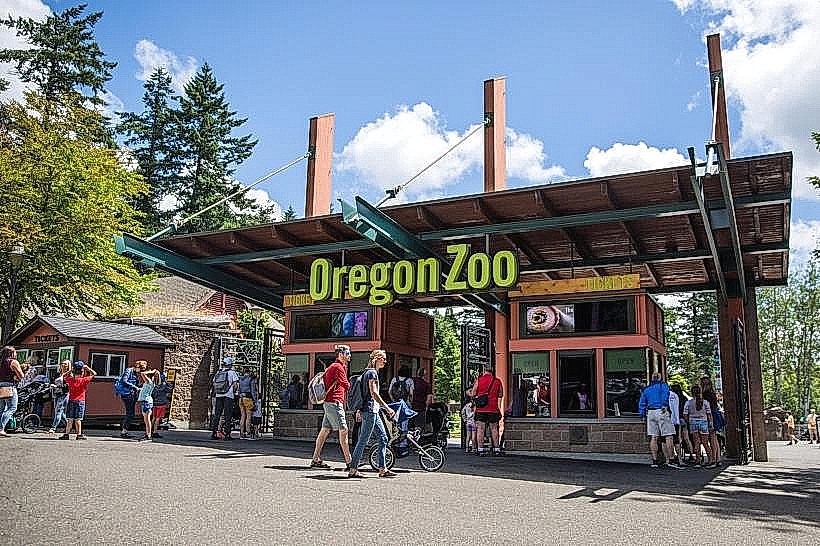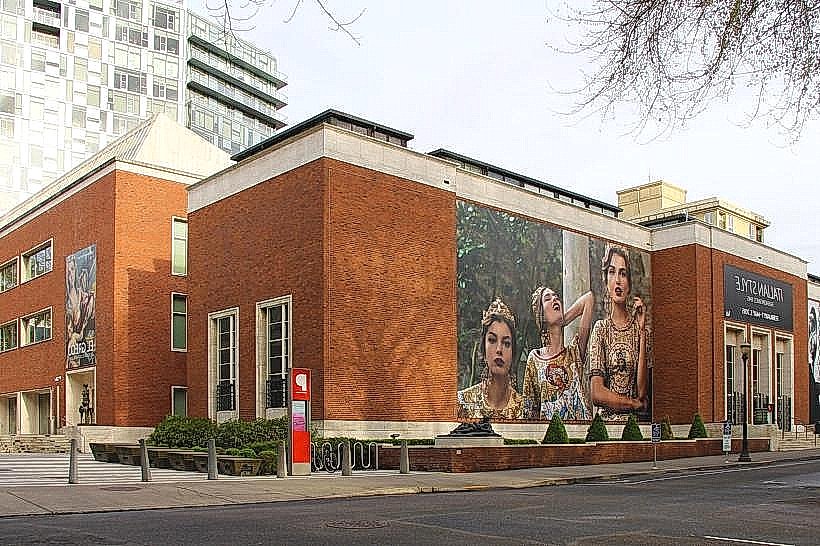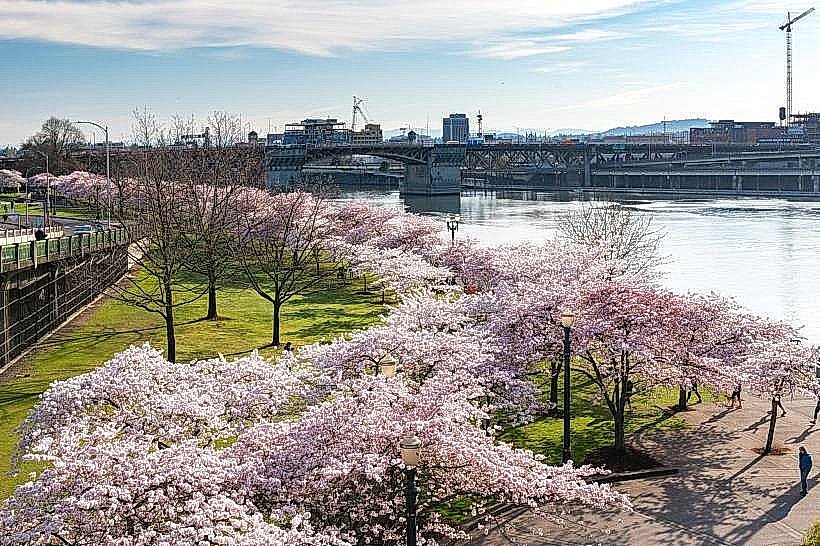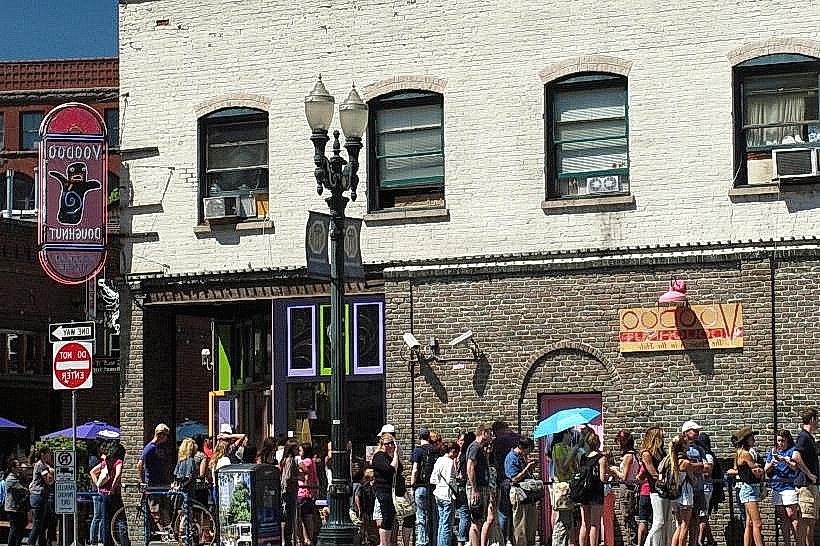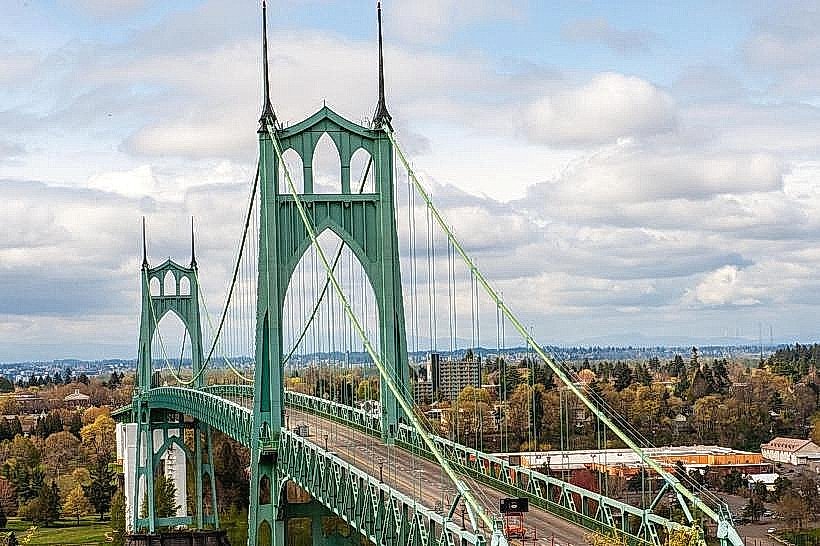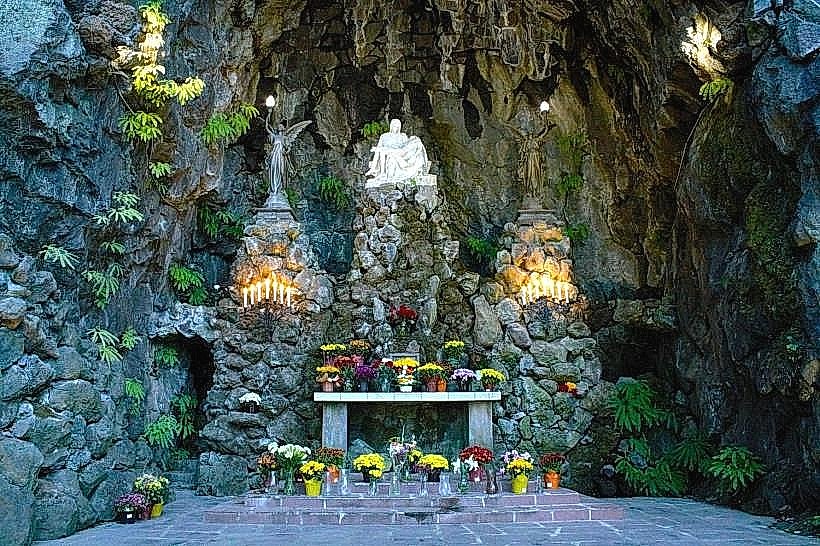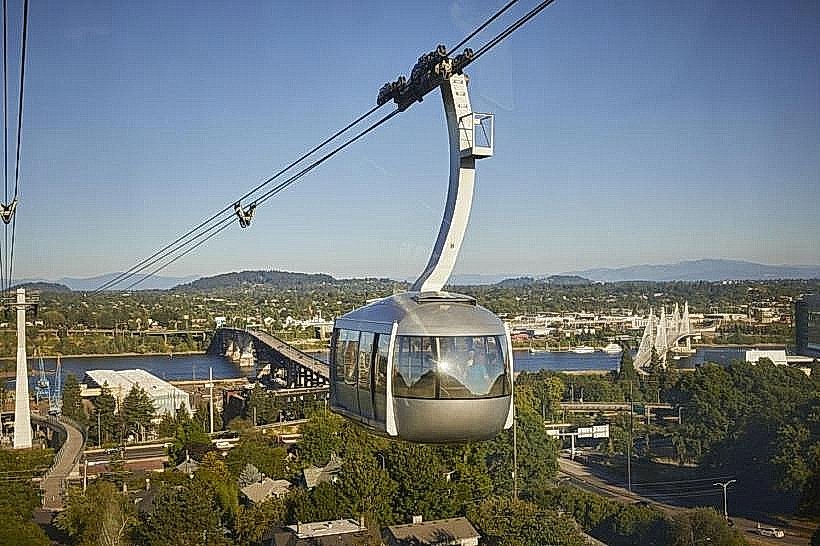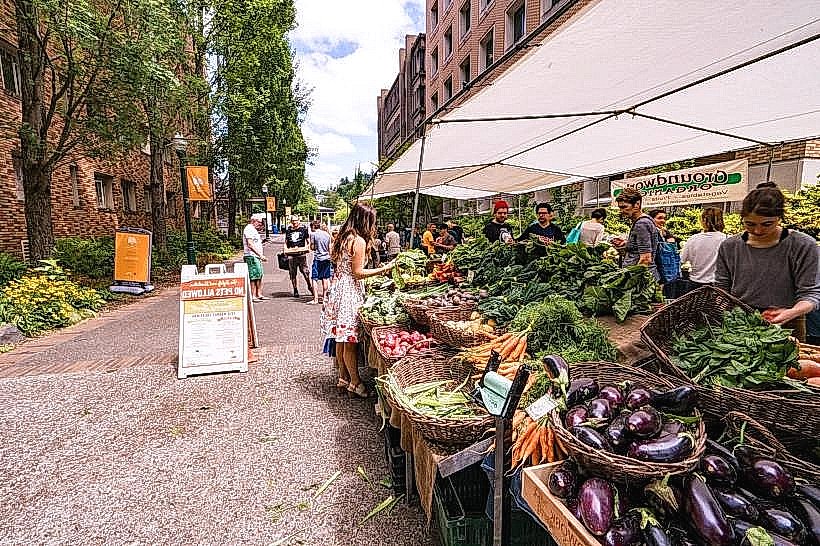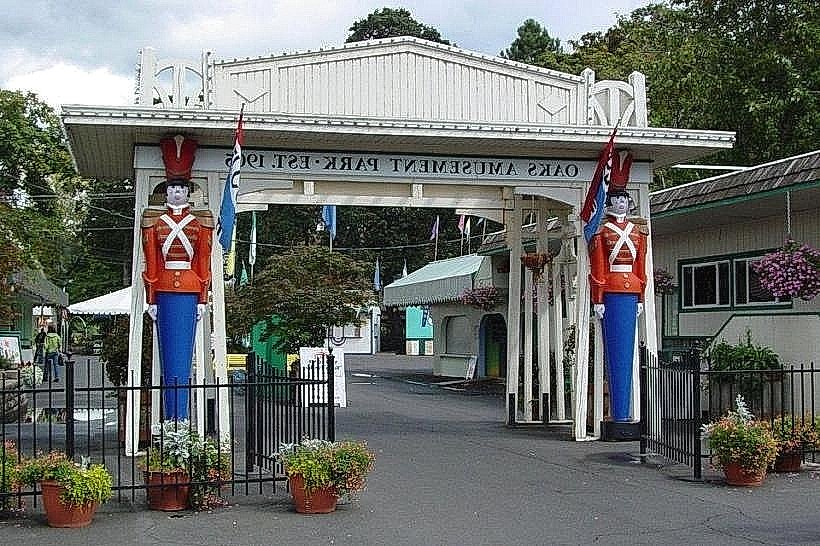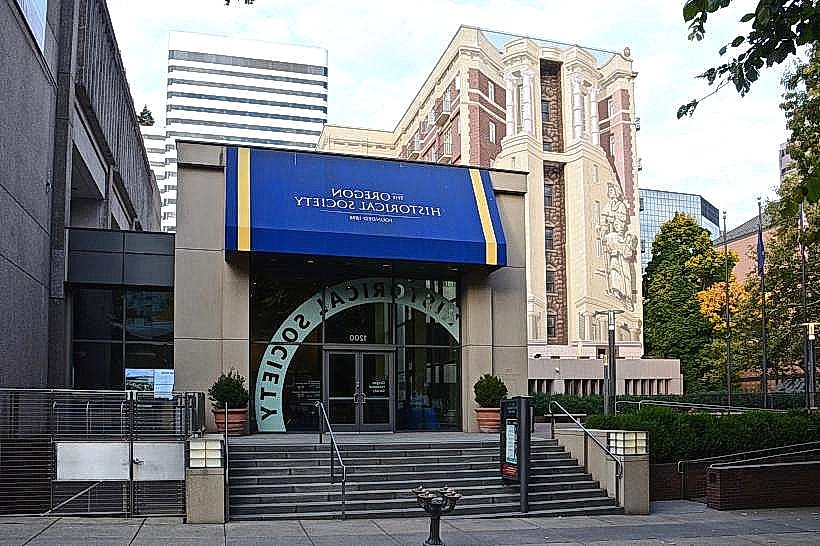Information
Landmark: Portland Forest ParkCity: Portland
Country: USA Oregon
Continent: North America
Portland Forest Park, Portland, USA Oregon, North America
Forest Park, located in the hills west of downtown Portland, Oregon, is one of the largest urban forests in the United States, spanning over 5,100 acres. Established in 1948, it serves as a significant natural refuge within the city, offering extensive recreational opportunities, ecological preservation, and a haven for wildlife amid an urban environment.
Layout and Environment:
Terrain and Vegetation: The park features a mix of dense coniferous and deciduous forests, including Douglas fir, western red cedar, bigleaf maple, and western hemlock. Moss-covered understory, ferns, and shrubs create a lush, shaded environment. The terrain is varied, with steep hills, ridges, and valleys carved by small creeks, contributing to diverse habitats.
Trail Network: Forest Park contains over 80 miles of trails ranging from paved paths and easy walking routes to rugged hiking trails. Trails are often interconnected, allowing visitors to customize their routes for distance and difficulty. Notable trails include the Wildwood Trail, a long-distance path connecting Forest Park to other regional trails, and the Lower Macleay Trail, which passes the historic Stone House and the iconic Witch’s Castle ruins.
Recreation and Visitor Experience:
Hiking and Running: The extensive trail system supports hiking, trail running, and nature walks. Trails vary in elevation and difficulty, making the park accessible to beginners and challenging for more experienced adventurers.
Wildlife Observation: Forest Park is home to a variety of wildlife, including black-tailed deer, coyotes, raccoons, and over 112 species of birds. Birdwatchers, photographers, and nature enthusiasts often visit to observe these species in a natural urban forest setting.
Nature and Solitude: Despite being within city limits, the park offers a sense of seclusion and immersion in nature, with quiet trails and shaded areas for reflection, meditation, or picnicking.
Ecological Significance:
Forest Park plays a crucial role in Portland’s urban ecosystem by providing habitat for wildlife, preserving native plant communities, and contributing to air and water quality.
Efforts are made to manage invasive species, protect riparian zones along creeks, and maintain the health of native forests.
Cultural and Historical Features:
The park includes historic landmarks such as the Stone House, a stone structure dating back to the 1930s, and remnants of old logging roads that reflect the area’s history before preservation.
Local organizations and volunteers participate in stewardship programs, trail maintenance, and ecological restoration projects, fostering a sense of community involvement.
Visitor Tips:
Wear sturdy shoes suitable for uneven, often muddy or slippery trails.
Bring water and snacks, especially for longer hikes, as facilities within the park are limited.
Map or GPS navigation is recommended for longer hikes, as the trail network is extensive and can be confusing for first-time visitors.
Early morning or late afternoon visits provide opportunities for wildlife sightings and quieter trails.
Respect trail signage and regulations to preserve natural habitats and ensure safety.
Forest Park represents a rare example of large-scale urban wilderness, offering Portland residents and visitors a unique combination of recreation, wildlife observation, and connection to nature without leaving the city limits. Its blend of ecological preservation and recreational infrastructure makes it one of Portland’s most valued natural assets.

